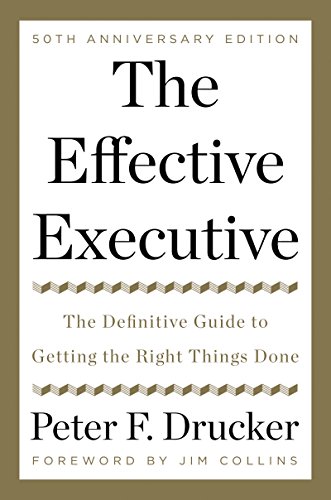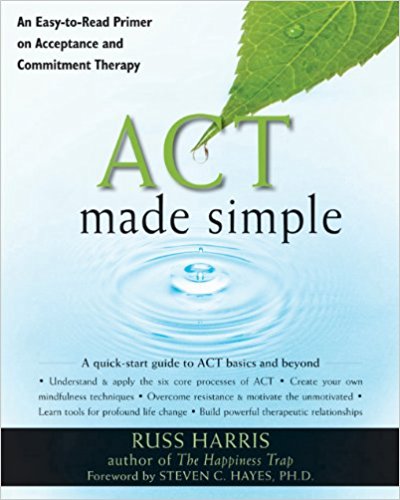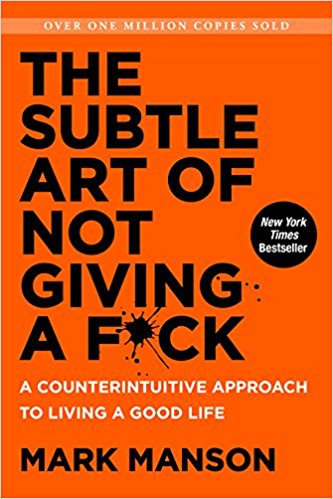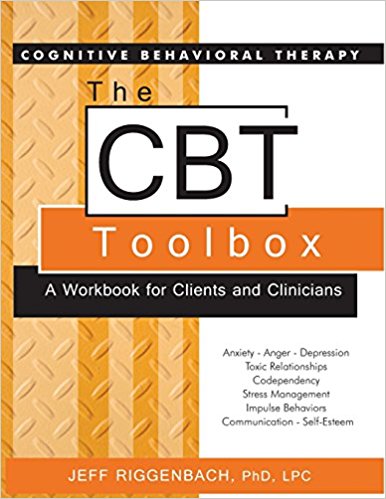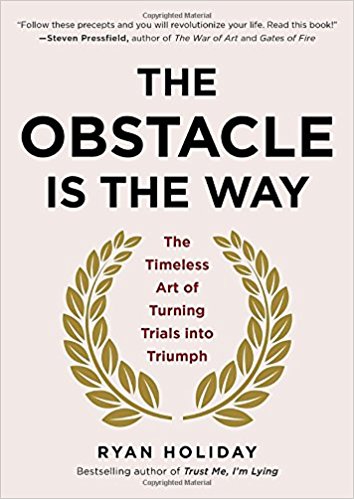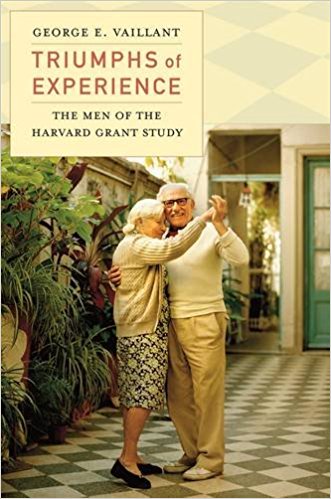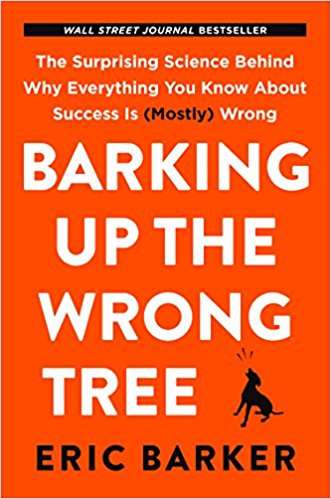7 Surprising Books That Will Make Your Life Better
.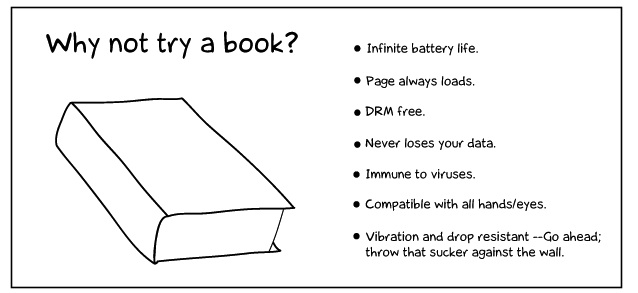
***
Before we commence with the festivities, I wanted to thank everyone for helping my first book become a Wall Street Journal bestseller. To check it out, click here.
***
I read a lot of books. I reference at least one book a week in these blog posts but I have to read a lot more than that — usually 4 to 5 times as many — to find the ones worth citing.
So a lot of people ask me what’s worth their time. And that’s not a simple question. Just because I reference a book in a blog post doesn’t mean it’s “good” — it means it had something good in it. (If you need to know the definition of “smorgasbord” then a dictionary is very useful. That doesn’t mean I’d suggest reading it cover to cover.)
So I’m going to recommend some books that are helpful in navigating this sprawling, lovely mess called life. Very big picture. Books specifically on career or relationships or happiness will have to wait.
While I’m busy caveat-ing over here, let me say that doing a booklist is like painting a bullseye on your forehead. Everybody who ever read so much as “Goodnight Moon” is going to come out and say, “Well, you know, you really should have mentioned…” You can never win with a booklist; you can only do “pretty good.”
So this list isn’t exhaustive. It isn’t perfect. But you can do a heck of a lot worse. Everything here is either scientifically validated, based on non-magical time-tested ideas, or expert insight.
Oh, and readability is a factor. Yes, that ancient text in the original Greek might be more authentic or the 600 page textbook by the guy who won the Nobel Prize on the topic might be more thorough. But a diet you don’t stick to is not a good diet and a book you don’t finish is not a good book.
So how did I pick? My first book came out last year and there was one compliment that I held in higher regard than all the others: “I wish I had read this many years ago.”
Someone felt it provided enough insight that if they had read it sooner it would have seriously impacted their life and the decisions they made. So that’s the standard I used.
Oh, and one more thing. I’m going to warn you right now: there is a book below with a “bad word” in the title. Don’t like “bad words”? Then don’t read any further. No whining. You were warned.
Alright, let’s get to it…
1) The Effective Executive
So I said this booklist wouldn’t be about career stuff and then the first thing I recommend has the word “executive” in the title. What gives?
“The Effective Executive” is most certainly a business book. But it also happens to be the best book out there on the vague but essential concept of “getting your act together.”
Managing your time. Knowing what’s important. Setting priorities. Being productive. Learning to focus. Making good decisions. These are skills usually associated with career but each one of them is also critical when it comes to family, relationships and just having a good life.
I put this book first deliberately. Getting your act together is another one of those things everyone praises and nobody explains how to actually do. Read this book first and you might actually get around to reading the other books before you’re distracted by something shiny.
Check it out here.
2) When
Everyone says “timing is everything” but they sure don’t act like it.
Dan Pink has crafted a very enjoyable read, but it’s also a reference book of sorts you’ll come back to as different situations arise. It’s loaded with information on the best time to do almost anything — when during the day is the best time to get work done, but also when in your life is the best time to get hitched.
Bookstores have an entire “how to” section but not a “when to” section. This book covers a very important topic that few others ever touch. If “timing is everything” then this book is essential reading.
Check it out here.
3) ACT Made Simple
High school taught me what a parabola is. They also taught me the quadratic equation. I have never come within a country mile of using either in my entire adult life.
What didn’t high school teach me? How to deal with troublesome thoughts and feelings. Few people would say that emotional health is unimportant. Yet school doesn’t teach it and there is no mental equivalent of an annual physical. Got problems in your head? Well, if it gets really, really serious you can pay through the nose for therapy. Short of that, tough noogies.
ACT is a scientifically-validated mindfulness technique and this workbook makes it something anyone can learn to use on their own. (And it’s a lot more useful than a parabola.)
Check it out here.
4) The Subtle Art Of Not Giving A F*ck
Yes, it has a “bad word” in the title. If you’re offended that I’m posting this, you might want to delete your Amazon account too because they have literally sold over two million copies of it.
Here’s the thing: I knew listing this one would offend some people. And then I mentioned it anyway. Yes, I think that highly of it.
This book is one of the most accessible ways to learn about some of the core (non-religious) takeaways from Buddhism. If you want the lowdown on some ancient ideas about how to live a good life, presented in a fun, conversational tone, this is the book.
Check it out here.
5) The CBT Toolbox
If ACT and mindfulness can teach you a more effective overall system for handling troublesome thoughts and feelings, CBT is a more tactical weapon for dealing with specific psychological issues like fears, anxieties, depression, or stress.
Again, these are problems we all struggle with, but we’re never taught an effective method for coping with them. Productivity and relationship advice isn’t very useful if you struggle to get out of bed in the morning due to worry or sadness.
Derived from work by the ancient Stoics, CBT is the most scientifically-validated form of psychological treatment available. This workbook is step-by-step, easy to use and presented in a simple, straightforward format.
Check it out here.
6) The Obstacle Is The Way
Much as Mark Manson’s book makes some concepts from Buddhism accessible, Ryan Holiday does the same for the ancient philosophy of Stoicism.
Some people are going to say, “You should have just recommended ‘Meditations’ by Marcus Aurelius.” No, actually. No, I shouldn’t have. “Meditations” was a notebook Aurelius kept for himself and was never really meant to be read by others. And it reads like it wasn’t. While it’s filled with brilliant insights, it’s not the best overall introduction to Stoicism for modern readers unfamiliar with the central tenets of the philosophy. This is.
Check it out here.
7) Triumphs of Experience
What makes a good life? Most people would just speculate, cite one-off examples, perhaps reference a personal religious doctrine — or just shrug. But shouldn’t we have at least some scientific answers to this question by now?
Actually, we do.
The Grant Study has followed a group of men for their entire adult lives. It has tracked them for over 75 years. What factors make for a good life? How does personality, marriage, children, career, friends and lifestyle contribute to fulfillment over the course of decades?
Most studies last weeks or months. The Grant Study is still going on. It’s one of the most illuminating glimpses into what makes life meaningful.
Check it out here.
Okay, let’s round it all up and look at one more book…
Sum Up
Here are 7 surprising books that will make your life better:
- The Effective Executive: How to “get your act together.”
- When: “Timing is everything.”
- ACT Made Simple: How to deal with troublesome thoughts and feelings.
- The Subtle Art Of Not Giving A F*ck: A modern take on ancient Eastern ideas about the good life.
- The CBT Toolbox: Effective strategies for overcoming anxiety, depression, and fear.
- The Obstacle Is The Way: A modern take on ancient Western ideas about the good life.
- Triumphs Of Experience: Real scientific answers on what makes a fulfilling life.
So what other book is worth a look?
Yeah, yeah, yeah — it’s mine. But I wrote it for a reason.
The other books above offer good ideas most of us aren’t aware of. I wanted to scientifically dispel the myths we are aware of — and all too often believe. You’ll never find the right answers if you think you already have them.
Check it out here.
School doesn’t teach us everything we need to know, our parents can only teach us what they know, and learning from experience can be very painful. (I learned that from experience.)
But books let you cheat at life. They give you the answers before the test.
They let you spend less time frustrated… and more time living well.
Join over 320,000 readers. Get a free weekly update via email here.
Related posts:
New Neuroscience Reveals 4 Rituals That Will Make You Happy
New Harvard Research Reveals A Fun Way To Be More Successful
How To Get People To Like You: 7 Ways From An FBI Behavior Expert
